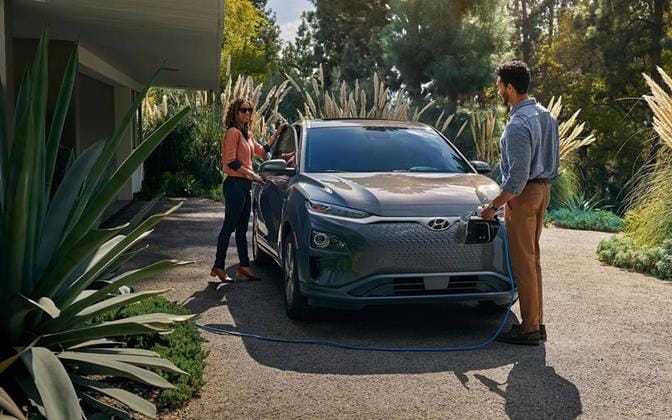Implications of Recent NSW Government Changes to EV Policy

In recent news, the NSW Government has made some significant changes to its electric vehicle (EV) policy. These changes include the removal of the EV rebate and the stamp duty exemption, as well as the introduction of a road user charge for EVs. This ultimately causes many implications for both the environment and the residents of NSW.
One of the key changes in the NSW Government’s recent announcement is the removal of the stamp duty exemption, which was originally introduced as part of a broader tax reform effort. This ultimately has the effect of increasing the cost of purchasing an EV, which goes against their initial goal of promoting cleaner transportation options. Although the NSW Budget will instead include $260 million for fast chargers on commuter routes and more kerbside chargers near apartment blocks, critics argue that while it can be beneficial, it may not be an absolute necessity. Instead, offering vital initial support to emerging electric vehicles holds even more profound significance. This support becomes a lifeline as the market yearns for chargers, and trusted industry giants step forward to supply them.
Another noteworthy change is the introduction of a road user charge for EVs. This charge will come into effect on the 1st of July 2027, or when EVs make up 30% of new light vehicle registrations. While this policy change aims to address road funding concerns, it also raises questions about its potential impact on EV adoption. The NSW Government announced that the road charge is 2.8 cents per km travelled for an EV. According to a report released by the Australian Bureau of Statistics (ABS) in 2020, NSW residents travelled an average of 12,000 km in 2020. This means that with this road charge, EV drivers will have to pay an average of $336 per year, which may deter some from investing in an EV, ultimately having negative consequences on our environment.
One of the concerns stemming from these policy changes is their potential impact on the accessibility of EVs for the general public. Many residents of NSW were considering purchasing an EV as a practical solution to escape the burden of high fuel expenses. However, with the removal of incentives, the cost of EVs will increase, potentially putting them out of reach for some individuals and families. This is extremely relevant today as the price of petrol soars, where fuel is averaging $2.04 a liter in Sydney.
Thus, the recent changes to EV policy in NSW have sparked discussions and concerns within the community. It’s crucial to continue this dialogue and seek a balanced approach that encourages the adoption of EVs while addressing funding challenges. Ultimately, the goal should be to create an environment where cleaner transportation options are accessible and affordable for all, contributing to a more sustainable future for the state. Hence, to decarbonise, we need to move from the current figure of 40,000 EVs in NSW to 300,000 by 2027. However, with government changes like these, it becomes difficult to reach this goal.
Interested in buying EV chargers? Contact us:
Phone: 1300 406 210
Email: [email protected]


